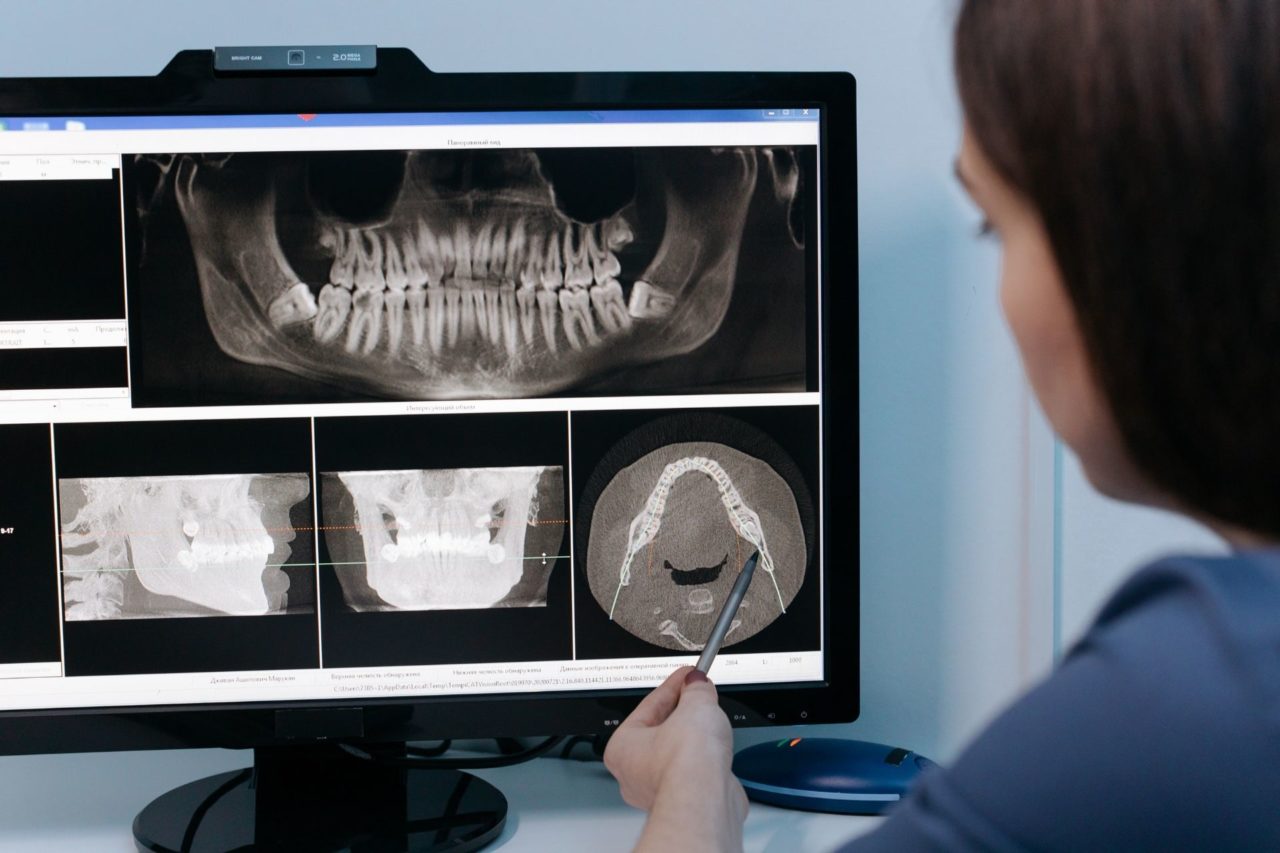BSc (Hons) Sport and Exercise Science

Course Overview
The BSc (Hons) Sport and Exercise Science degree is a multidisciplinary course that will equip students with the knowledge and skills required for a career in the sport and exercise science industry. The course will provide students with an understanding of the scientific principles that underpin human performance and the ability to apply this knowledge to improve sport and exercise performance, health, and wellbeing. Students will study a range of topics, including anatomy, physiology, biomechanics, psychology, and nutrition. The course will also focus on the practical application of these principles through laboratory work, fieldwork, and work experience.
The course is designed to provide students with a strong foundation in the key areas of sport and exercise science, with the option to specialise in a particular area in the final year of study. Students will also have the opportunity to gain practical experience through work placements, where they will be able to apply their knowledge in a real-world setting.
Entry Requirements
104 UCAS tariff points (or above), BCC (A-Level), DMM (BTEC). Applicants must hold A-level in a science based subject at grade C or above (P.E. and Psychology are accepted as science subjects).
All applicants are expected to hold GCSE English, Science and Math’s at Grade C/4 or above. Applicants who do not hold these qualifications may be considered on an individual basis based upon their overall application and the course applied for.
IELTS 6.0 overall (minimum 5.5 in all components) where English is not the students’ first language.
Fees & Finance
Tuition fees for a BSc (Hons) Sport and Exercise Science degree will vary depending on the institution and whether the student is eligible for funding. UK and EU students may be eligible for government funding, which will cover the cost of tuition fees.
However, international students will be required to pay the full tuition fees. In addition to tuition fees, students will also need to consider additional costs such as accommodation, living expenses, and course materials. Some universities may offer scholarships or bursaries to eligible students, which can help to offset some of these costs.








